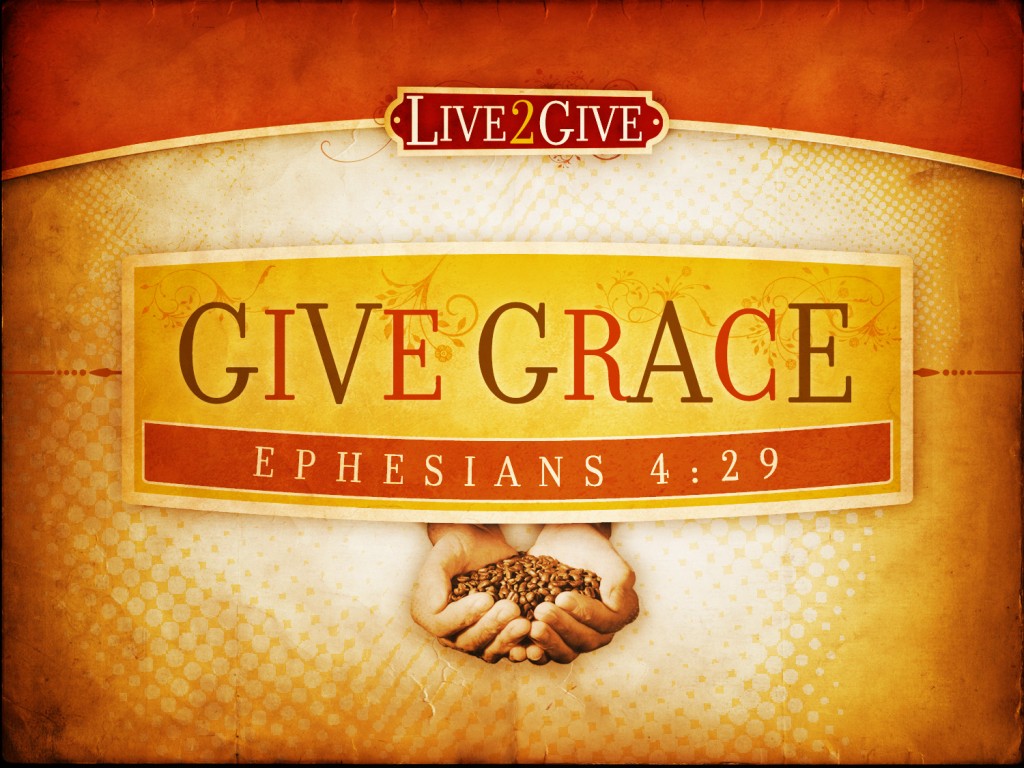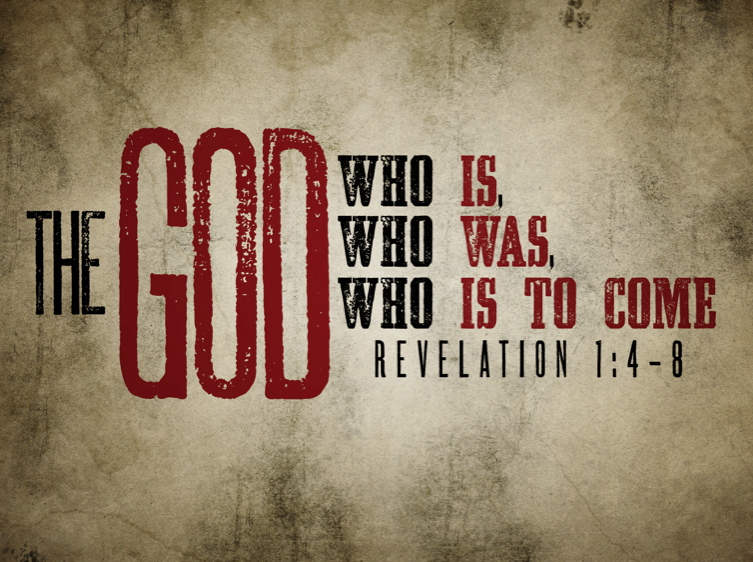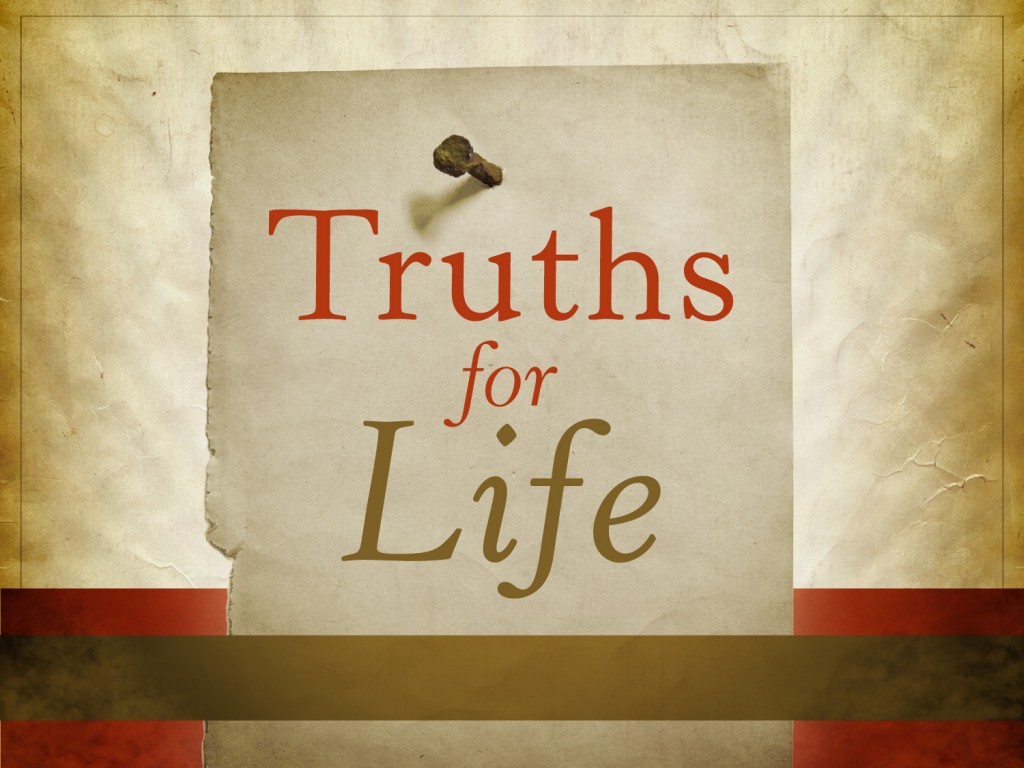“Don’t question in the dark what God showed you in the light.” (V. Raymond Edman)
As we approach the end of 2012 and enter 2013 in just hours, I thought I would share a few brief year-end thoughts and quotes.
For those of you looking for a good plan to read through the Bible in 2013, Justin Taylor on his Gospel Coalition Blog gives one of the best, most comprehensive lists I’ve come across. I would encourage you to set aside time each day to read through the Bible in 2013.
“When all your favorite preachers are gone, and all their books forgotten, you will have your Bible. Master it. Master it.” (John Piper)
And finally, NBC Nightly News put together a video montage of many of the well-known people that died in 2012. Here are a few of the people they mention…
Whitney Houston, Dick Clark, Davy Jones, Etta James, Robin Gibb, Andy Williams, Marvin Hamlisch, Donna Summer, Andy Griffith, Ernest Borgnine, Jack Klugman, Sherman Hemsley, Richard Dawson, Larry Hagman, Phyllis Diller, Neil Armstrong, Sally Ride, Daniel Inouye, Arlen Specter, George McGovern, J. Christopher Stevens, Mike Wallace, Vidal Sassoon, Ray Bradbury
As I watched the video, I was reminded of what Scripture says in James 4:13-15…
“Come now, you who say, “Today or tomorrow we will go to such and such a city, and spend a year there and engage in business and make a profit.” Yet you do not know what your life will be like tomorrow. You are just a vapor that appears for a little while and then vanishes away. Instead, you ought to say, “If the Lord wills, we will live and also do this or that.” (NASB)
As the video montage scrolled through so many well-known people the world admired, I couldn’t help but think about those that didn’t make the“Nightly News” list who served Christ faithfully and used their life to influence others for the glory of God.
 One of those individuals was a dear friend of mine, Dr. Roland Niednagel, who just went home to be with Jesus on Christmas Day.
One of those individuals was a dear friend of mine, Dr. Roland Niednagel, who just went home to be with Jesus on Christmas Day.
Roland, and his wife Patricia, were one of the first couples to come on staff with GTN back when we were just getting started.
Roland served Christ faithfully and fully right up to the last year of his life. He had a deep impact upon me personally, as well as our entire organization. He will be deeply missed.
“The best use of one’s life is to spend it for something that will outlast it.” (Oswald Sanders)
“For what will it profit a man if he gains the whole world and forfeits his soul? Or what shall a man give in return for his soul?” (Jesus) (from Matthew 16:26 ESV)
“He is no fool who gives what he cannot keep to gain what he cannot lose.” (Jim Elliot)
“Quit living as if the purpose of life is to arrive safely at death.” (Anonymous)
“I have held many things in my hands and I have lost them all. But whatever I have placed in God’s hands, that I still possess.” (Martin Luther)
As you enter 2013, may you remember the promise of God’s “steadfast love”…
“The steadfast love of the Lord never ceases; his mercies never come to an end; they are new every morning; great is your faithfulness.” (Lamentations 3:22-23 ESV)
P.S. Thank you to all of you who have so faithfully prayed for Lisa and I and the ministry of Global Training Network this past year. We are eternally grateful! Please continue to bring us and our staff before God’s throne in 2013. The longer I live, the more I realize how deeply I need the prayers of fellow believers in Christ! Thank you!
“Be joyful in hope, patient in affliction, faithful in prayer.” (Romans 12:12 NIV)
“All of us would be wiser if we would resolve never to put people down, except on our prayer lists.” (D.A. Carson)














